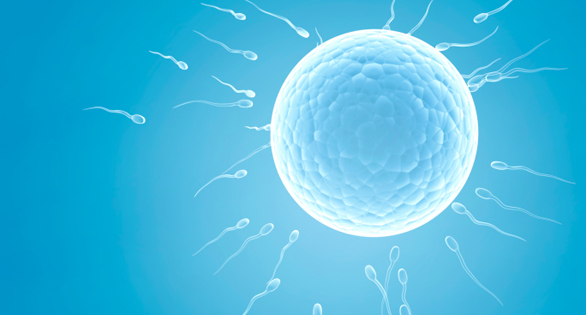Fertility specialists say egg cryopreservation (egg freezing) is one of the most exciting advances in the field of reproductive technology right now. “Twenty-five years ago when we were starting IVF, we didn’t freeze eggs well—they didn’t tolerate the freezing or thawing,” says Charles C. Coddington III, M.D., president-elect of the Society for Assisted Reproductive Technologies and professor of obstetrics and gynecology at the Mayo Clinic in Rochester, Minn. “Now, about 75 percent of frozen eggs survive.”
To freeze eggs, fertility drugs are administered over a period of two weeks after a woman’s menstrual cycle begins. At the end of the two weeks, the eggs are extracted and frozen and can then be used in IVF at a later time. Because this procedure has been successful only recently, quantifying its success on a large scale can be difficult, but numbers from fertility centers around the country are promising. At the University of Southern California’s fertility center, the eggs of more than 150 women have been cryopreserved, and of those women who have returned for their eggs, 65 percent have delivered babies.
It’s important to note, however, that these cases have been women who have frozen their eggs before the age of 38. (To date, there are few reports of pregnancies in women over 38 from frozen eggs.) Also, egg cryopreservation isn’t cheap: It can cost anywhere from $5,000 to $10,000, plus $500 per year for egg storage.











